9 Examples of URLs
URL stands for Uniform Resource Locator. It is a unique identifier used to locate a resource on the internet. It consists of multiple parts, including a protocol, a domain name, and optionally a path to a specific page or file.
Examples of URLs
Here are the examples of URLs:
1. Website URL
www.Eduinput.com
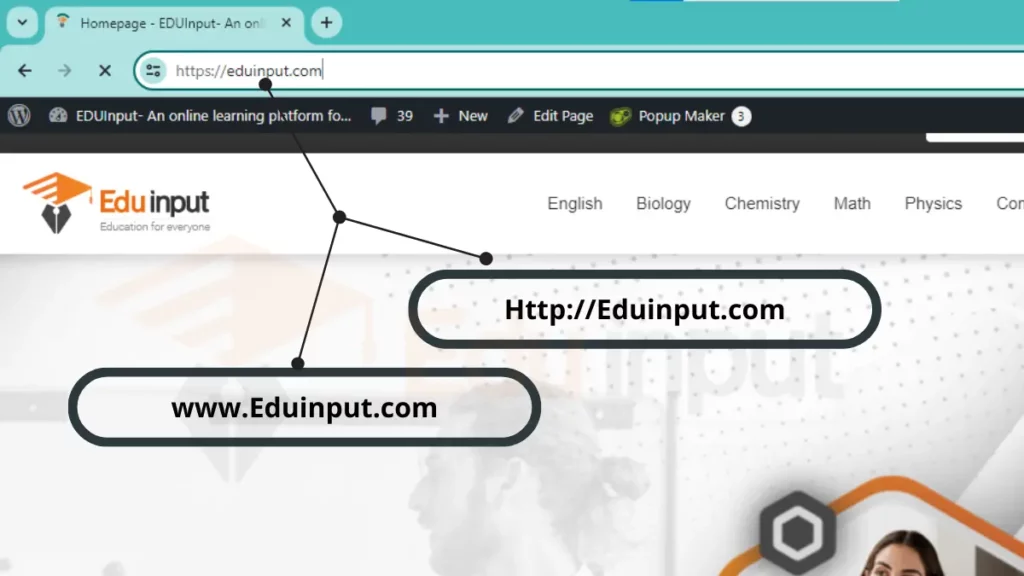
The website URL consists of the “https:” protocol, indicating data transfer uses SSL/TLS encryption for security during transmission from the web server. The second part “www.eduinput.com” is the domain name, which must be registered and mapped to an IP address. “eduinput.com” shows it is an educational website.
Finally, a path such as “/about” or “/contact” can optionally be appended pointing to pages within the site structure.
2. Long URL
https://www.example.com/software/downloads/windows/10/enterprise/x64/en-us/iso
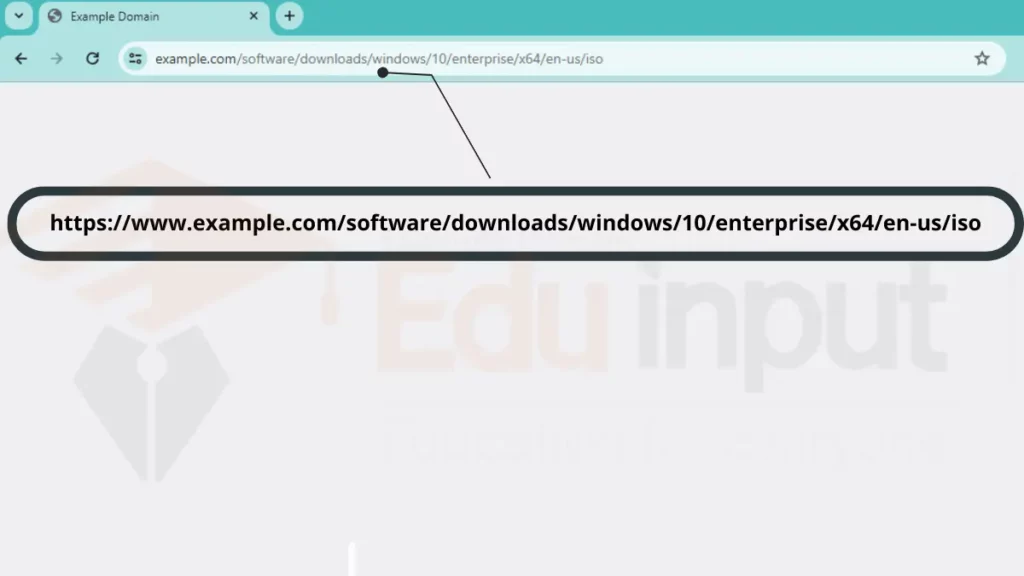
URLs can become quite long when many subdirectories and path levels are specified. This example goes down 6 levels of subfolders. While search engines once gave weight to excessively deep pages, modern best practice favors shorter, cleaner URLs for usability.
Generally URLs longer than 100 characters can cause issues with browsers being unable to parse or display them.
3. URL with Query String
http://www.example.com/search?term=cats&sort=popular

A question mark denotes the transition from host path to query string parameters. These take the form of key-value pairs like “term=cats”. Multiple parameters are joined with an ampersand “&” as shown with the sort filter.
Common applications include search, filtering content, and tracking analytics data in the URL directives. Length limits apply to avoid internal server errors so excessive parameters are best avoided.
4. URL with Filename
http://www.examples.com/documents/info.pdf
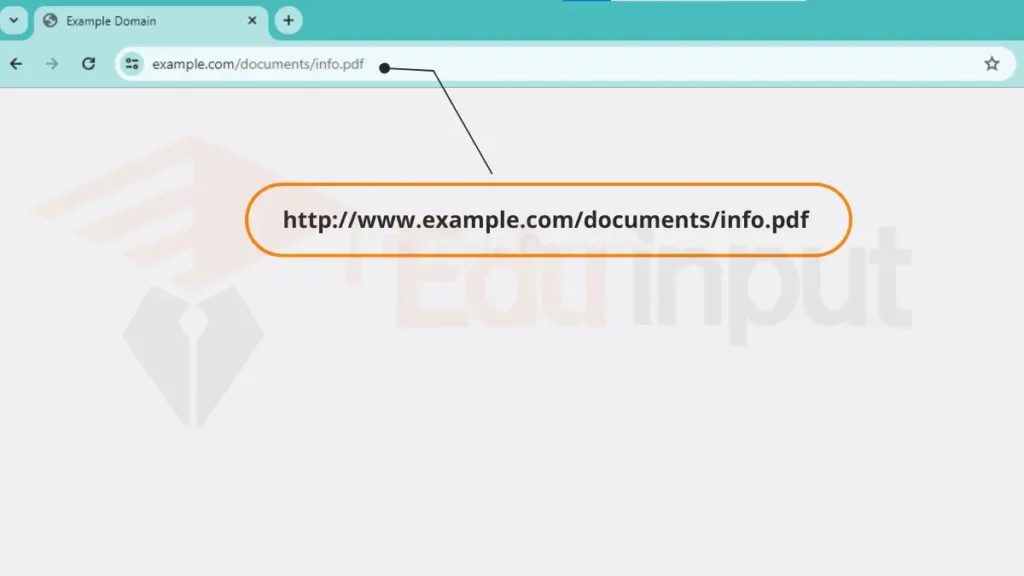
Here the URL points to a file named “info.pdf” located within the /documents folder on the domain. File extensions indicate format like PDF, DOC, XLS, etc.
Links ending with slashes “/” tend to point to folders, while specific files appearing in URLs omit trailing slashes as it defaults to an index file served.
5. URL with Subfolders
http://www.blog.example.net/category1/tech/article
Multiple slash-delineated path folders are specified in this URL. This indicates a hierarchy of /category1 parent folder, /tech sub-folder, and finally the /article page target file. Subfolder and subdomains help organize related content. Excessive nesting without clear taxonomy can degrade user experience.
6. URL OF Direct Link to a Specific File
https://eduinput.com/wp-content/uploads/2023/03/NCERT-Solutions-Class-11-Chemistry-Chapter-7-Equilibrium.pdf
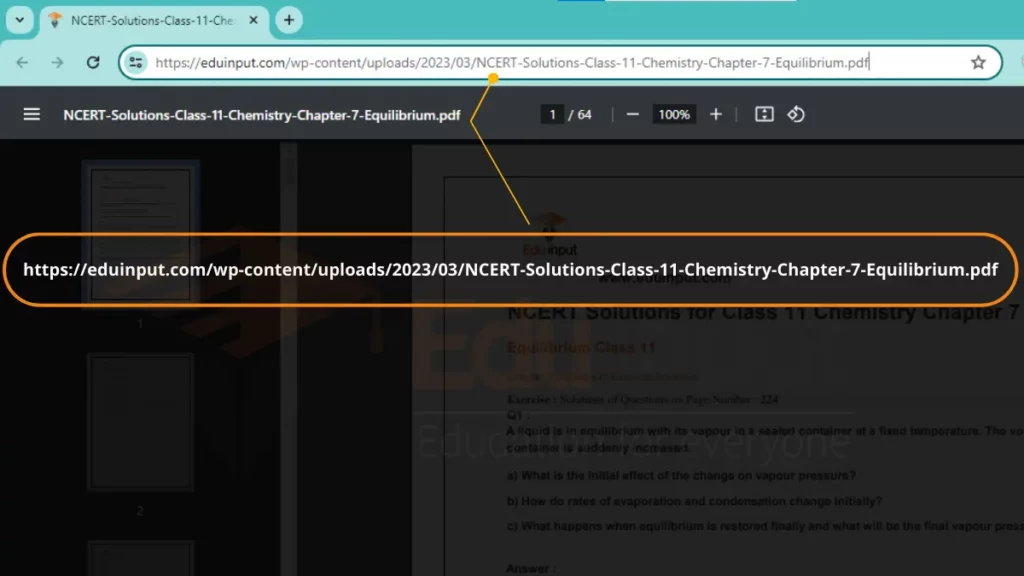
This URL directs to a PDF file named “NCERT-Solutions-Class-11-Chemistry-Chapter-7-Equilibrium.pdf” within the “uploads” directory on the “eduinput.com” domain. The file pertains to Class 11 Chemistry, Chapter 7 – Equilibrium.
7. URL with .gov Top-Level Domain
www.usa.gov
The website “www.usa.gov” is the official web portal for the United States government. It provides information and services related to various federal agencies, programs, and resources.

A URL that features the .gov top-level domain indicates a website affiliated with the United States government. These URLs are reserved for government entities and institutions.
8. URL with .edu Top-Level Domain
https://www.harvard.edu/
The website “https://www.harvard.edu/” is the official website for Harvard University, that provides information about the university’s programs, research, admissions, and other related activities.
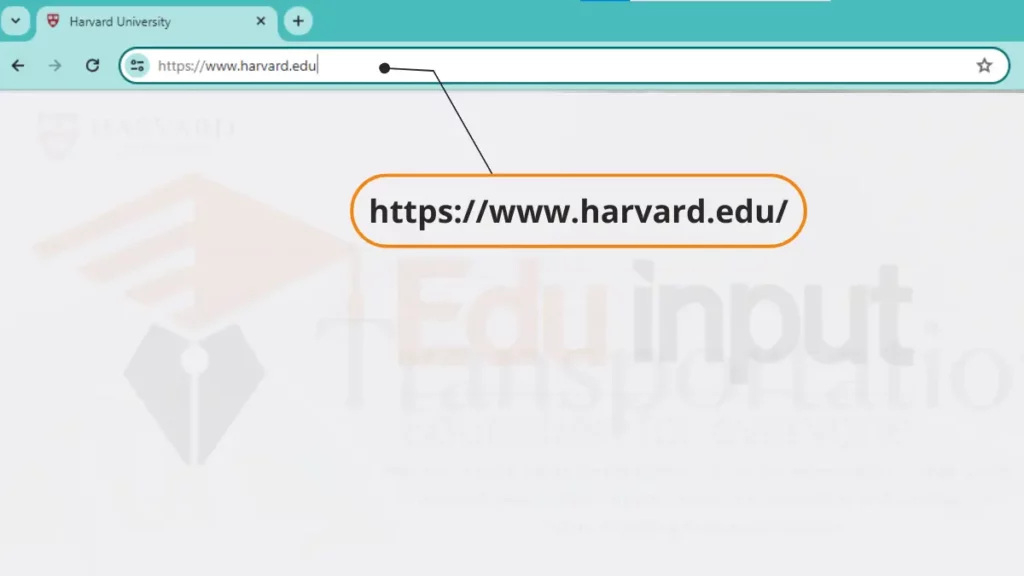
A URL showcasing the .edu top-level domain signifies a website associated with a United States educational institution. These URLs are commonly used by schools, colleges, and universities.
9. URL with .org Top-Level Domain:
https://edhi.org/
The “.org” domain is commonly used for websites of non-profit organizations, and in this case, “https://edhi.org/” indicate that the Edhi Foundation is a non-profit entity.
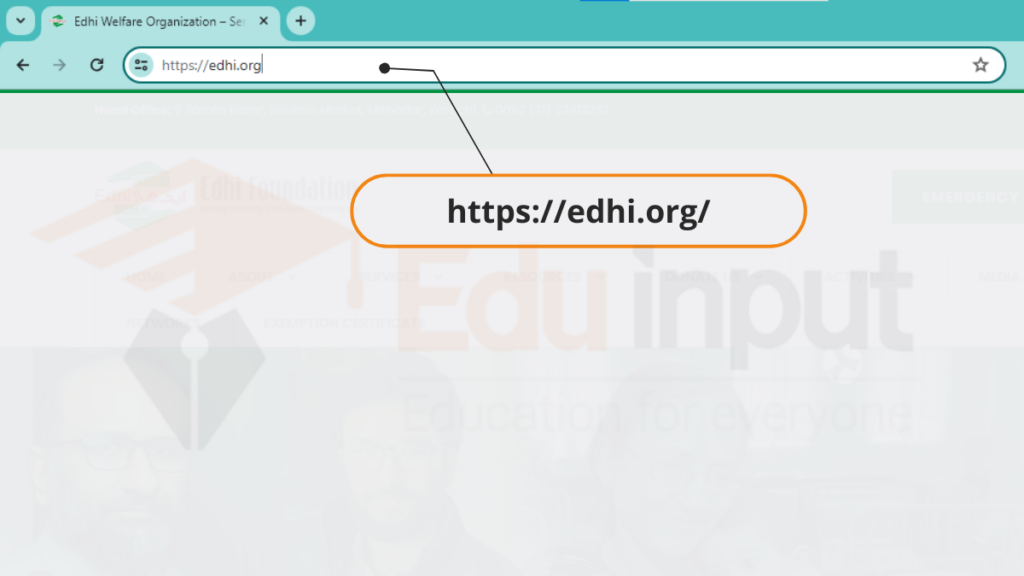
A URL featuring the .org top-level domain is an indicator of a non-commercial organization. These organizations are often involved in charitable, non-profit, or advocacy work.

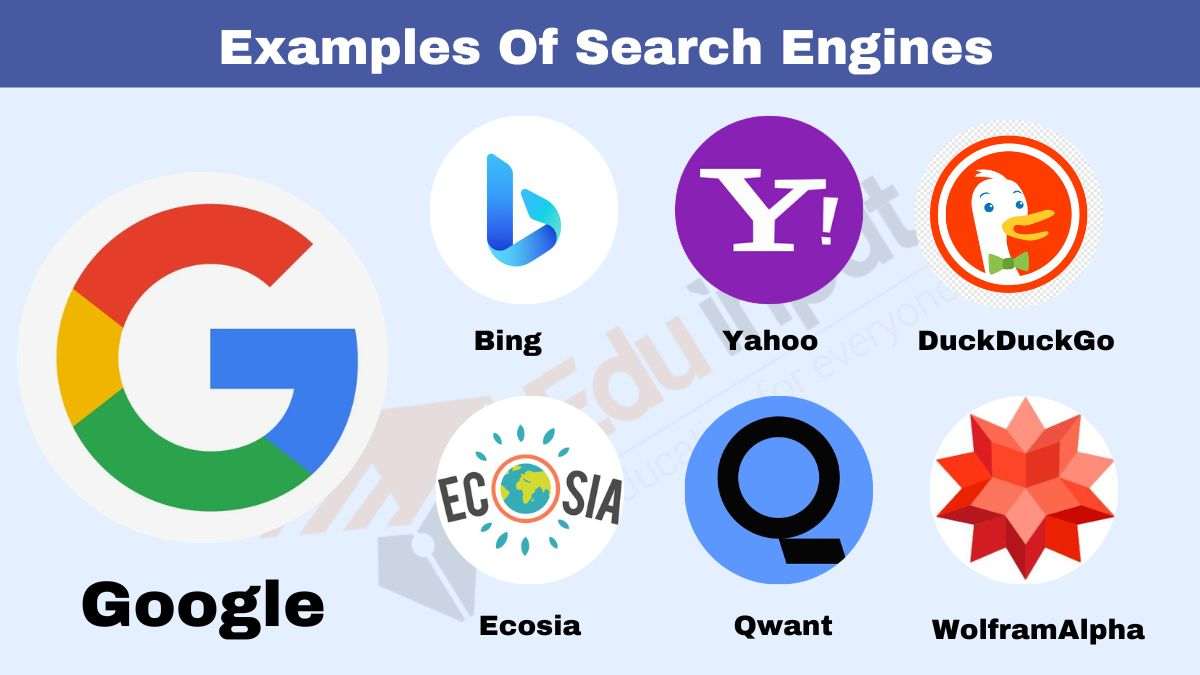



Leave a Reply